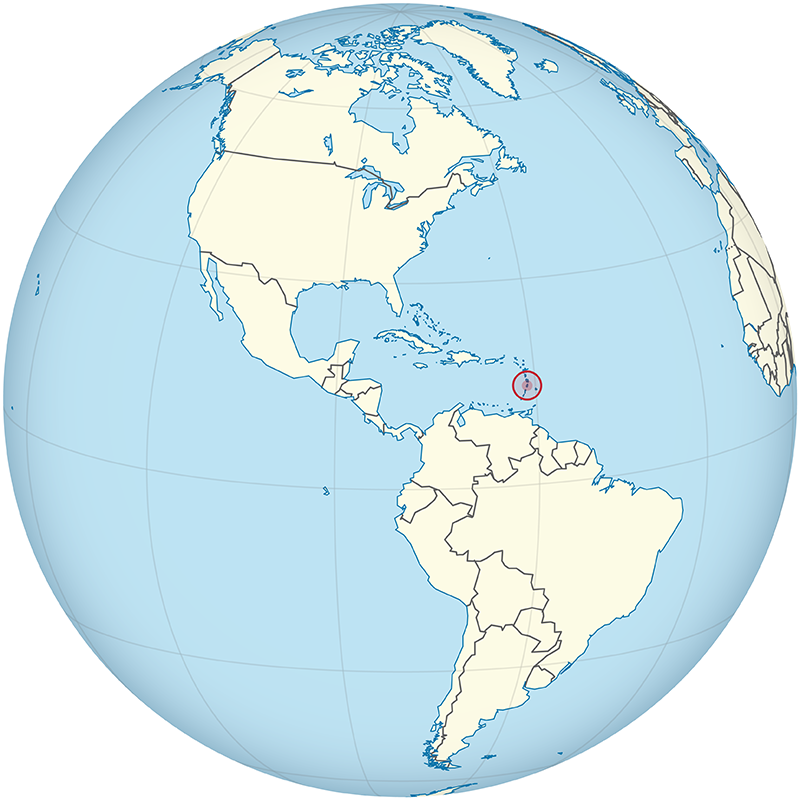
- Population:
- 180,000
- Religion:
- Christianity
Saint Lucia was historically contested between the French and British before becoming a British colony. It gained independence in 1979 and has since developed a tourism-driven economy while maintaining its rich cultural heritage.
Saint Lucia is an island nation in the eastern Caribbean Sea, part of the Lesser Antilles. Covering an area of 617 square kilometers, it has a population of approximately 183,000 people as of 2023. The capital and largest city is Castries. The official language is English, with Saint Lucian Creole (Kwéyòl) also widely spoken. Saint Lucia operates as a parliamentary democracy and constitutional monarchy, recognizing the British monarch as head of state, represented locally by a Governor-General. The economy is primarily based on tourism, agriculture, and offshore banking. The island is renowned for its dramatic Piton mountains, volcanic beaches, and vibrant cultural festivals like the Saint Lucia Jazz Festival. Saint Lucia is a member of international organizations such as the United Nations, the Commonwealth of Nations, and the Caribbean Community (CARICOM). The island's rich history reflects a blend of African, French, and British influences, evident in its culture, cuisine, and traditions.





